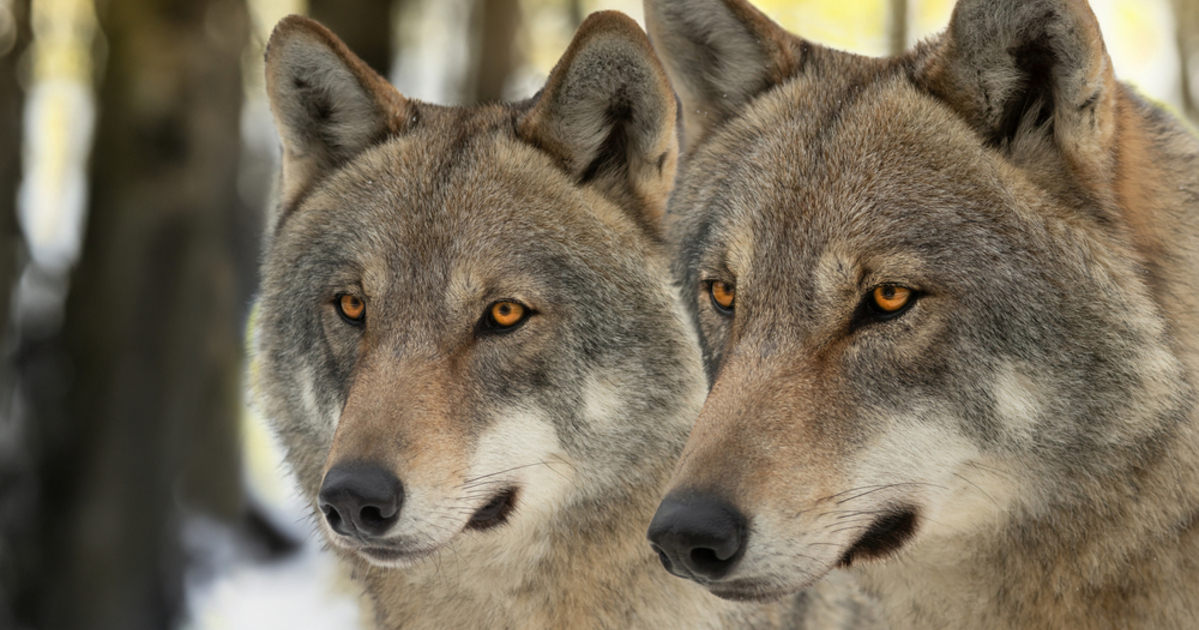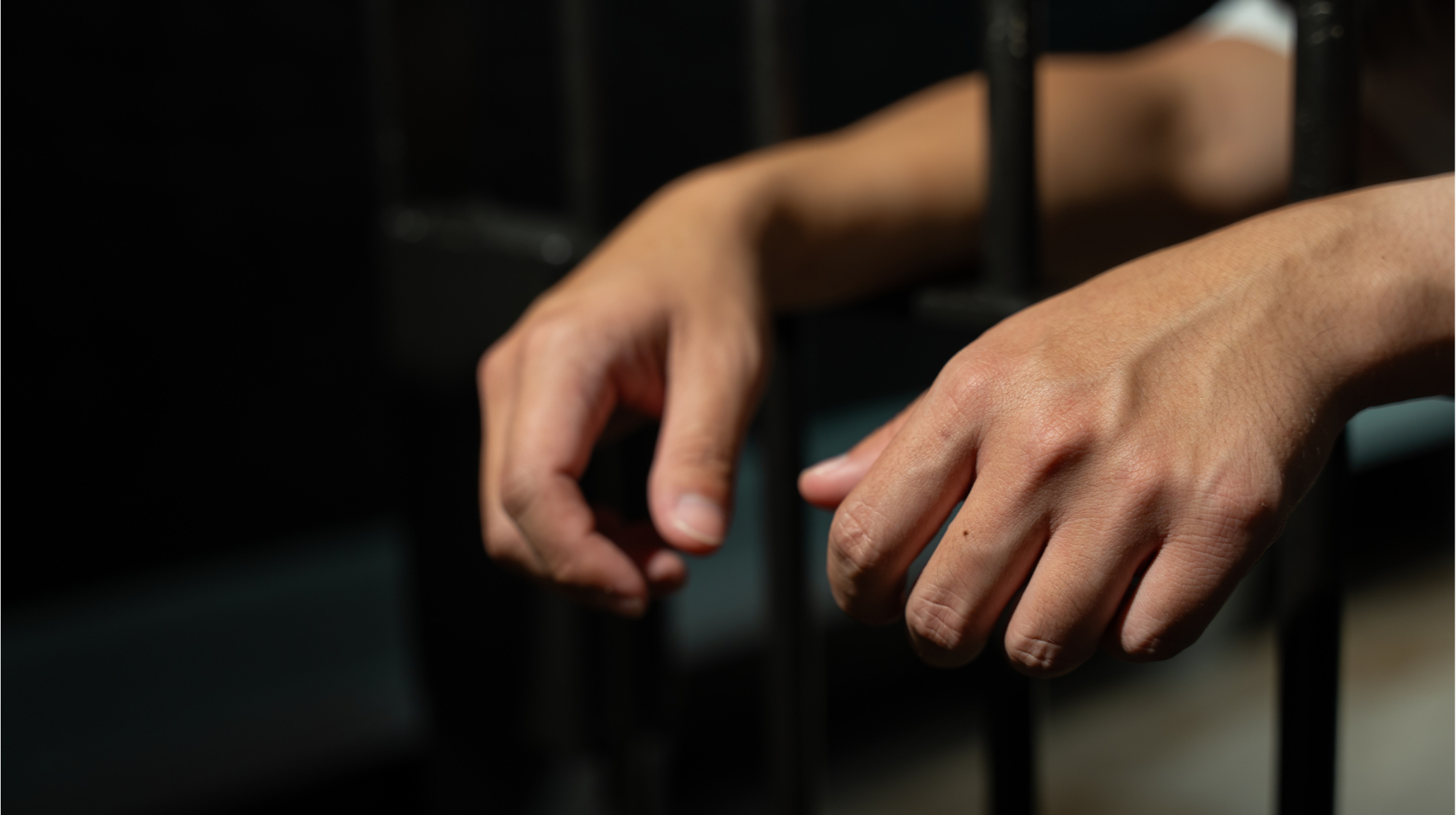Chernobyl wolves have developed a certain resistance to cancer – study

Scientists have found out that the population of wolves living in the Chernobyl exclusion zone is genetically different from those living outside it.
The first developed protective mutations that increase the chances of recovering from cancer. This is evidenced by the research of biologist and ecotoxicologist from Princeton University (USA) Kara Love, who studied Chernobyl predators for ten years, writes IFL Science.
In 2014, Love traveled to Chernobyl with other researchers to take blood samples from wolves for analysis and study how they respond to cancer-causing radiation. The animals were also fitted with radio collars to monitor their location and amount of radiation.
In the course of the study, scientists discovered that the bodies of Chernobyl wolves “absorb” more than 11.28 milliroentgens of radiation every day throughout their lives. This is more than six times the permissible limit for humans.
| Photo: basil/Depositphotos |
In addition, scientists found out that wolves in the exclusion zone have an altered immune system: it is similar to that of patients undergoing radiation therapy for cancer. Genetic analysis has shown that parts of the wolves’ genome have developed some resistance to cancer.
Similar conclusions were made in 2023 after studying semi-wild dogs. Scientists have found out that dogs from the Chernobyl zone are genetically different from domestic dogs living in other parts of the world.
Cara Love hopes her discovery can be used to identify protective mutations that increase the chances of cancer patients recovering.
We will remind, in Ukraine they plan to protect wolves at the legislative level.
Read also: By 2050, the number of cancer cases in the world will increase by 77% – WHO











